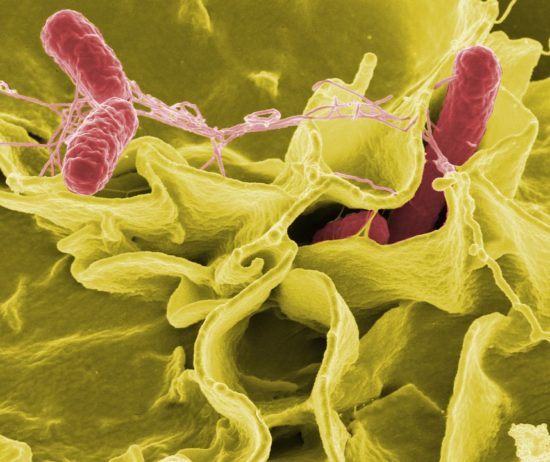New Web Tool Fights Antibacterial Resistance
In 1943, two scientists named Max Delbrück and Salvador Luria conducted an experiment to show that bacteria can mutate randomly, independent of external stimulus, such as an antibiotic that threatens a bacterial cells’ survival. Today the Luria-Delbrück experiment is widely used in laboratories for a different purpose–scientists use this classic experiment to determine microbial mutation rates. When performing the Luria-Delbrück experiment, scientists need efficient computer algorithms to extract reliable estimates of mutation rates from data, and they also need well-designed software tools to access these sophisticated algorithms.
Through the years, several web tools that allow researchers to more easily input and analyze data on a computer were developed to increase efficiency and efficacy of the Luria-Delbrück experiment. However, no existing web tool allows scientists to access many recently developed algorithms that can extract even more accurate estimates of microbial mutation rates from data.
Qi Zheng, PhD, professor at the Texas A&M University School of Public Health, recently developed a new web tool called webSalvador to fill several gaps left by existing web tools. In the Microbiology Resource Announcements (MRA) Journal, Zheng explains how WebSalvador offers many desirable capabilities that are vital to bacteria mutation research, including more accurate methods for constructing confidence intervals and new methods for comparing mutation rates.
AMR NEWS
Your Biweekly Source for Global AMR Insights!
Stay informed with the essential newsletter that brings together all the latest One Health news on antimicrobial resistance. Delivered straight to your inbox every two weeks, AMR NEWS provides a curated selection of international insights, key publications, and the latest updates in the fight against AMR.
Don’t miss out on staying ahead in the global AMR movement—subscribe now!







